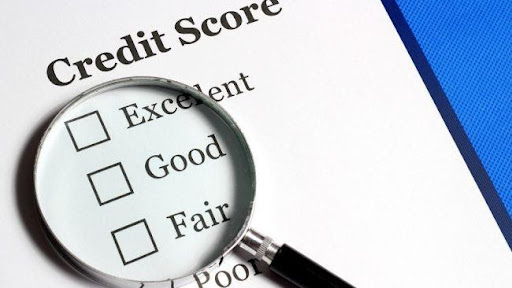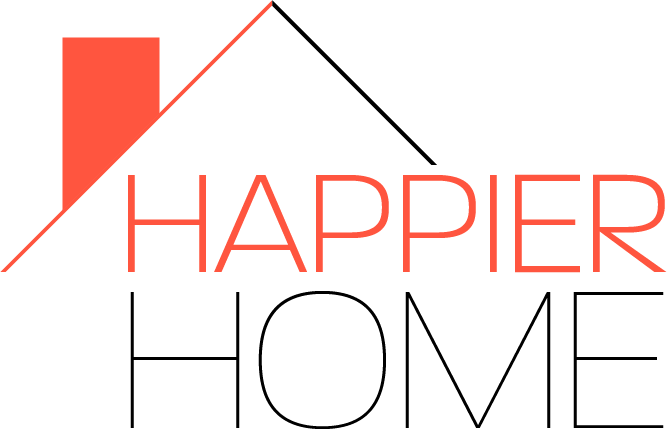
Guest article provided by: loancompass.com
We often hear the question, “does your credit have anything to do with the pre-approval process?”, “does having a higher credit score make a difference when it comes to mortgage interest rates?”, and “what is the minimum credit score to get a great mortgage rate?”
Your credit score plays a huge factor into every aspect of homeownership. If you have a strong credit score you can save a lot of money on interest and you will qualify for a variety of loans. A poor credit score makes it more difficult to qualify for a home loan.
In order to get a great low rate, getting pre-qualified and pre-approved are the first steps in the homebuying process. Pre-approval provides you with an estimate of how much you can borrow and notifies you of any red flags that could prevent you from obtaining a mortgage.
That’s why it’s important to get pre-approved for a home loan so you have a clear picture of the type of home you can afford.
What is the Difference Between Pre-Approval and Pre-Qualification?
When you are pre-approved for a home loan, you’re getting an estimate of what you might be able to borrow, based on information you provide about your finances, as well as a credit check. Before you can purchase a home, you need to get your finances in order.
Pre-approval is as close as you can get to confirming your creditworthiness without having a purchase contract in place. This is in contrast to pre-qualification which is largely based on the lender obtaining information directly from you on an honor system and not running any credit check.

What You Need to Get Pre-Approved for a Home Loan
There are 5 things that are required in order to get pre-approved for a home loan.
Proof of Income
Recent pay stubs, W2 statements from the past two years, tax returns for the past two years, and proof of any other income (child support, bonuses, alimony, etc.).
Proof of Assets
Bank statements, investment accounts, gift letters, cash reserves – anything that proves you have the money for a down payment.
Good Credit
A fair credit score of 580 to 669 may get you an FHA, VA, or USDA loan (although most lenders require a FICO score of at least 620.) The higher your credit score, the lower your interest rate! Lenders use the FICO (Fair Isaac Corp.) model which gives percentage weights to five credit criteria: payment history (35%), credit utilization (30%), credit age (15%), new credit (10%), and mix of credit (10%).
Employment Verification
Lender’s want to ensure your pay stubs are accurate and up to date. They will likely call your employer and previous employers. If you are self-employed then there are factors that go into pre-approval such as stability of income, financial strength of business, and more.
Personal Information
Driver’s license, social security number, credit reports, and more.
What Credit Score do you Need for a Low Mortgage Rate?
The short answer is at least 620 to get a decent rate with those hitting above 740 getting the top rate. The long answer is it depends on the lender, the interest rate you’re looking to pay, and the type of loan you want.
A study conducted by LendingTree, showed that borrowers with a “fair” score (580-669) pay significantly more in interest than those in the “very good” range (740-799).
The study showed that for an average loan amount of $253,435, the mortgage borrower with a “very good” credit score paid about $219,660 in interest over time, while the “fair” score borrower paid $261,076.
Before you calculate how much you can save based on your FICO score, it’s important to know the minimum score that different types of loans require.
- Conventional loan – Minimum 620 Score required
- Jumbo loan – No minimum FICO score required (although most lenders require 680)
- FHA loan – Minimum 500 score required (with 10% down) or 580 score with 3.5% down
- VA loan – No minimum FICO score required (although most lenders require 620)
- USDA loan – Minimum 640
Tips to Boost Your Credit Score
If after obtaining your credit score, you realize that it’s not where it needs to be, there are a few options for boosting your credit score.
- Pay down credit card balances early (before their monthly due date) and strive to keep them below 30% of your credit limit.
- Reduce your spending where possible and don’t open any new lines of credit.
- Do not close older credit cards – even if you don’t use them and they’re paid off.
- Make payments on time – always!
Checking your credit scores will help you see where you currently stand and how much you need to improve. Set yourself apart from competing offers by optimizing your credit score so you can qualify for home loans.
To learn more about how to get pre-approved for a home loan, speak with an experienced loan officer.
